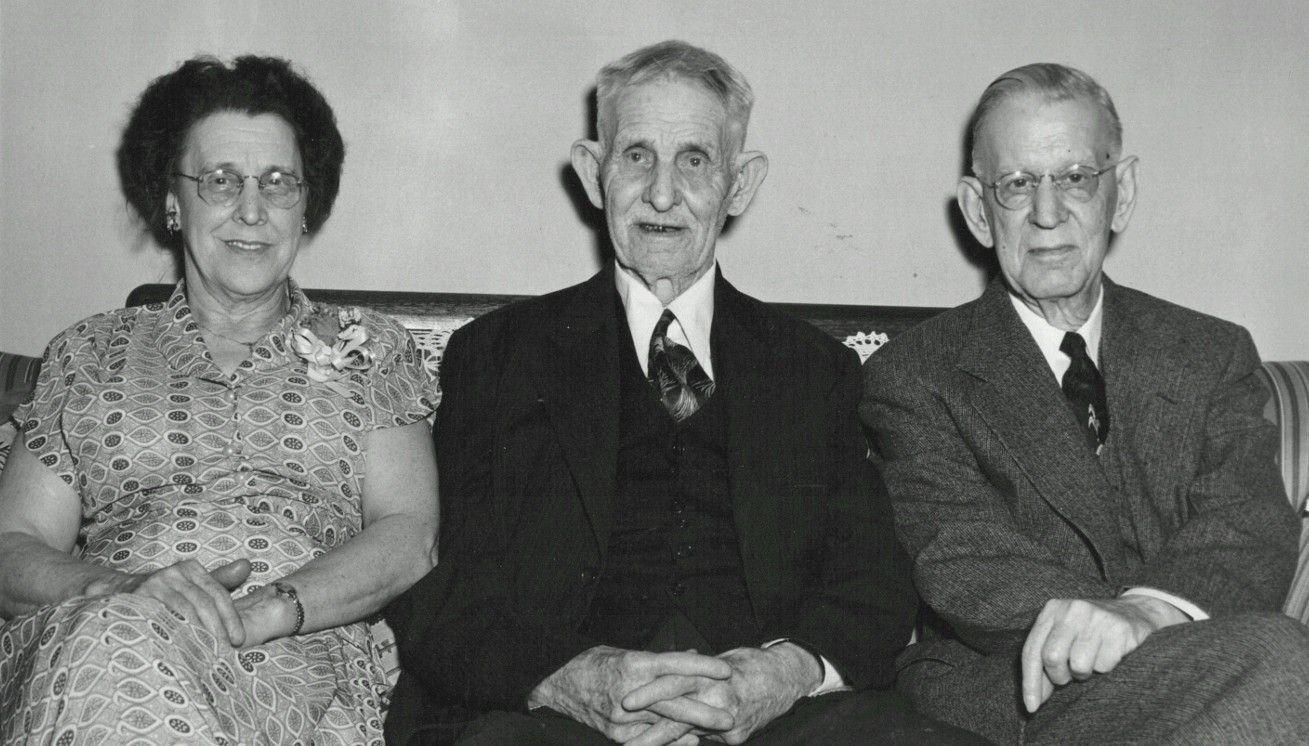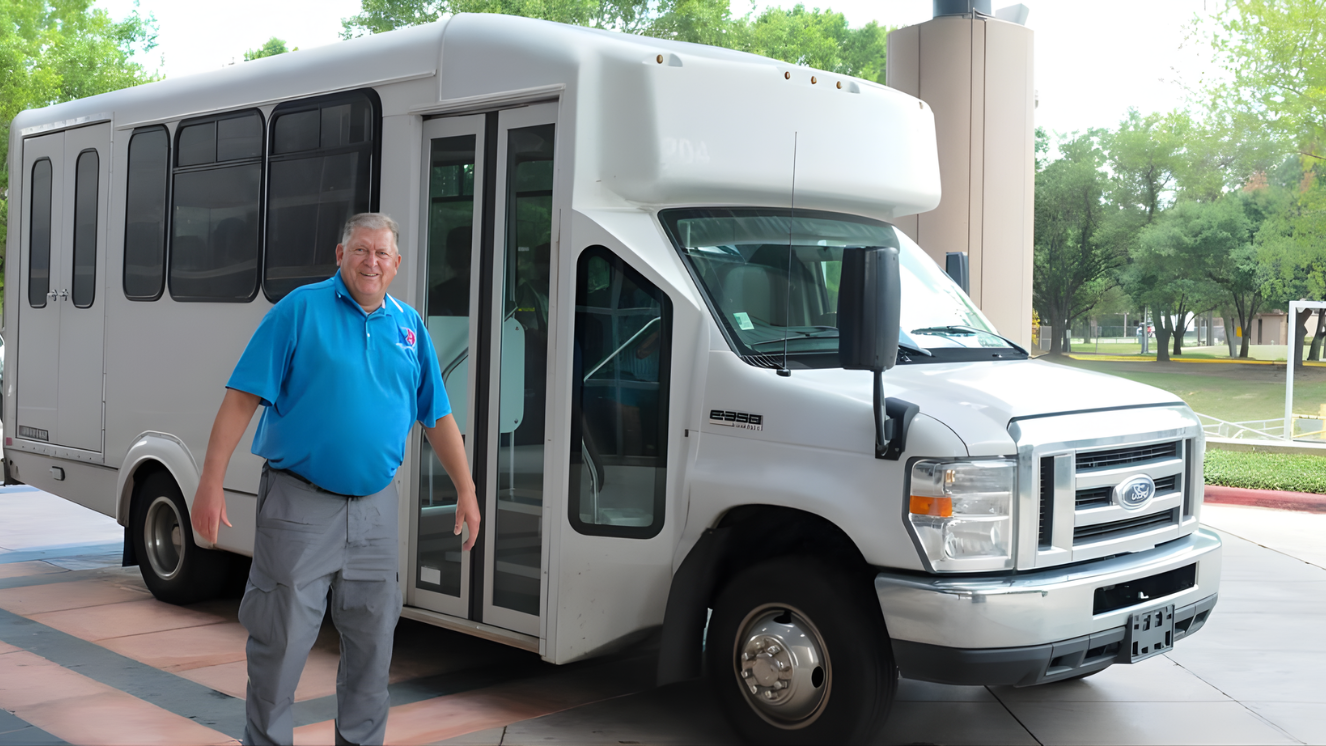INFLUENTIAL WOMEN OF THE AMERICAN CIVIL WAR
COMMENT
SHARE

Picture someone fighting the Civil War. Chances are, you’d think of a young man, draped either in the Union’s blue or Confederacy’s gray uniforms, which is fair. However, several women in the American Civil War made an impact fighting, healing, spying, and more during our nation’s deadliest conflict.
Influential Women Figures of the American Civil War
Estimates vary wildly, from several hundred to tens of thousands, but one thing is for sure, there were plenty of women in the American Civil War serving on both sides.
Their reasons, roles, and circumstances may have varied but from the frontlines to the cookline to helping nurse people affected by the conflict back to help, the Civil War overlooks the females involved far too often.
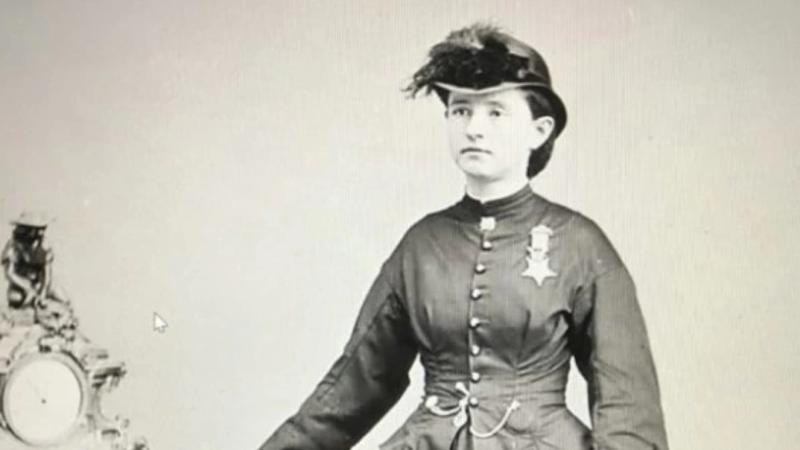
Dr. Mary Edwards Walker
Dr. Mary Edwards Walker was the only woman in the American Civil War to receive the Medal of Honor, serving as a surgeon. Both within and outside of the military, Dr. Walker’s legacy is noted for her trailblazing feminist and suffragist actions.
The New York native didn’t fit into societal norms, opting to wear less feminine clothing from a young age, while also rejecting traditional gender roles.
Dr. Walker dealt with plenty of resistance as a female doctor, but despite these barriers, volunteered to help the Union, becoming the first female U.S. Army surgeon in history.
During the war, Dr. Walker was captured and imprisoned dealing with terrible treatment because she was believed to be a spy; however, she never waivered and eventually received the military’s highest honor.
Sadly, her Medal of Honor was revoked in 1917, only two years before her death, after a lifetime of fighting for our nation and equality. In 1977, her Medal of Honor was rightfully restored.
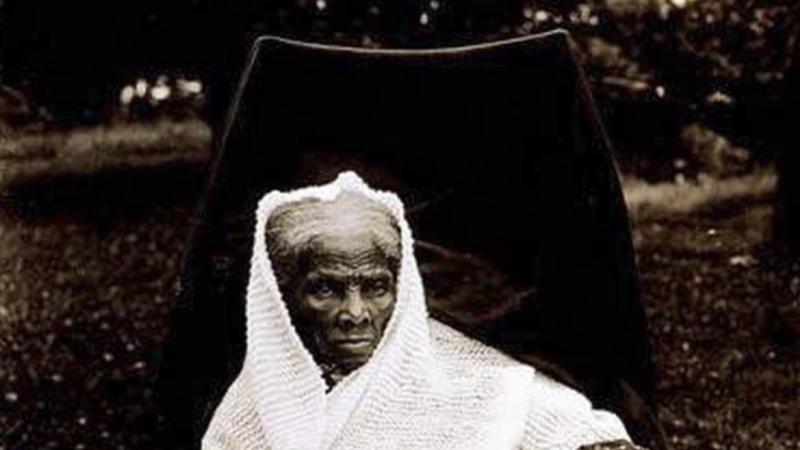
Harriet Tubman
You likely know Harriet Tubman as an abolitionist and leader of the Underground Railroad; however, she’s also the first and only woman in the Civil War to have led a group of troops on a military expedition.
Leading around 150 men, Tubman destroyed plantations after leading troops through South Carolina, rescued hundreds of slaves, and even went on to serve as a cook, nurse, and spy throughout the conflict.
Sadly, Tubman barely received compensation and died in poverty because the government failed to fully recognize her amazing contributions to our nation’s military and overall well-being.
Other Women Involved
With at least hundreds of women fighting in the Civil War, it wasn't as uncommon to disguise yourself as a man or to go to war with your husband as one might think.
Such is the case of Loreta Janeta Velazquez, who disguised herself as Lieutenant Harry T. Buford to serve in the Confederate Army.
For 18 months, "Lt. Buford" was a warfighter engaging in espionage dedicated to the Confederate cause.
Florina Budwin enlisted alongside her husband, only to be captured and imprisoned at the infamous Andersonville Prison.
However, after the death of her husband, she was discovered as a female and was transferred to a facility with better living conditions.
Budwin is one of the rare examples of women who became prisoners of war (POWs) during the Civil War.
Sarah Emma Edmonds, disguised as Franklin Flint Thompson, joined the 2nd Michigan Infantry as a field nurse and later became a mail carrier.
However, she would have to leave the service after suffering multiple injuries and contracting malaria.
Though she deserted and went back to life as a woman named Emma, she still returned to serve the Union as a wartime nurse.
One of the most interesting incidents is the service of Jennie Hodgers, who would serve as Albert Cashier.
What makes this case different is that Cashier is one of the few people known to have assumed male identities during the war but continued living this way after the war was over.
Cashier was well respected by his fellow troops, served in many notable conflicts, and is believed to possibly be the first known transgender Soldier.
While this isn't every woman who served, these notable figures remain important parts of the history of female warfighters tied to our nation.
Complex Roles of Women in the American Civil War
Before, during, and following the Civil War, women wore many hats ranging from supporting the cause at home to fighting on the frontlines:
- Harriet Beecher Stowe wrote Uncle Tom’s Cabin, a book that helped influence Americans to realize the evils of slavery.
- Julia Ward Howe wrote “Battle Hymn of the Republic,” which was used by the Union as one of its more prolific songs.
Women Spies
From notable names, such as Harriet Tubman, to women who we might never know, serving as a spy during the Civil War was a way for females to contribute to both sides.
Through their social skills, wit, and bravery to collect and communicate vital intel for both sides:
Mary Elizabeth Bowser and Pauline Cushman worked against the Confederacy, while Belle Boyd, Rose O’Neal Greenhow, and Antonia Ford each stole secrets from the Union.
Even far away from the deadly battlefront, women were involved in the war effort, supporting both sides.
African American Women
Black Unionist women were often overlooked by the military, despite their vital contributions as spies, cooks, nurses, and laundresses.
We will likely never fully understand the contributions of African American women during the Civil War, but we do know many gathered intelligence, sheltered Soldiers, and aided those escaping Confederate conscription.
Rebecca Lee Crumpler, the first Black woman with a medical degree in the U.S., provided critical healthcare to freed Blacks in Virginia.
Mary Louveste, a Union spy, smuggled Confederate naval plans, revealing crucial details about the CSS Virginia. Despite discrimination, these women still helped the United States, playing key roles in the war effort.
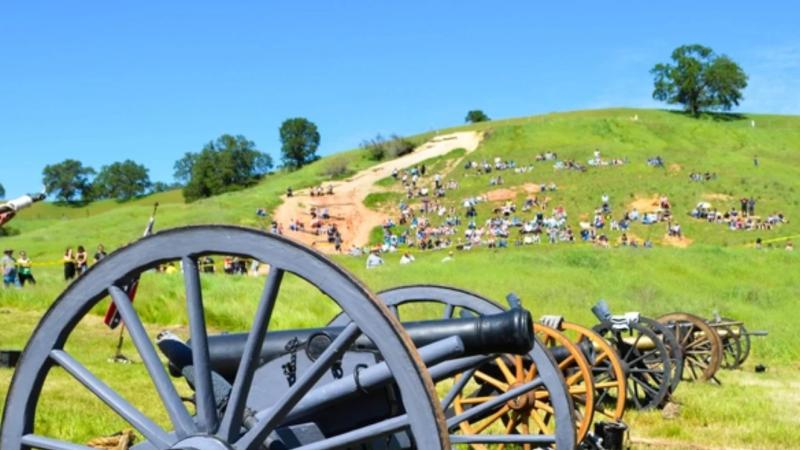
Overlooked Contributions of Women in the Civil War
Black, white, rich, poor—it didn’t matter, females were heavily involved in the conflict from influencing the public to fighting in the trenches to espionage. Women in the American Civil War deserve more recognition because, without their stories, the history of our nation remains incomplete.
Read next:
Join the Conversation
BY BUDDY BLOUIN
Buddy Blouin is a Contributing Writer at VeteranLife.com
Buddy Blouin is a Contributing Writer at VeteranLife.com
